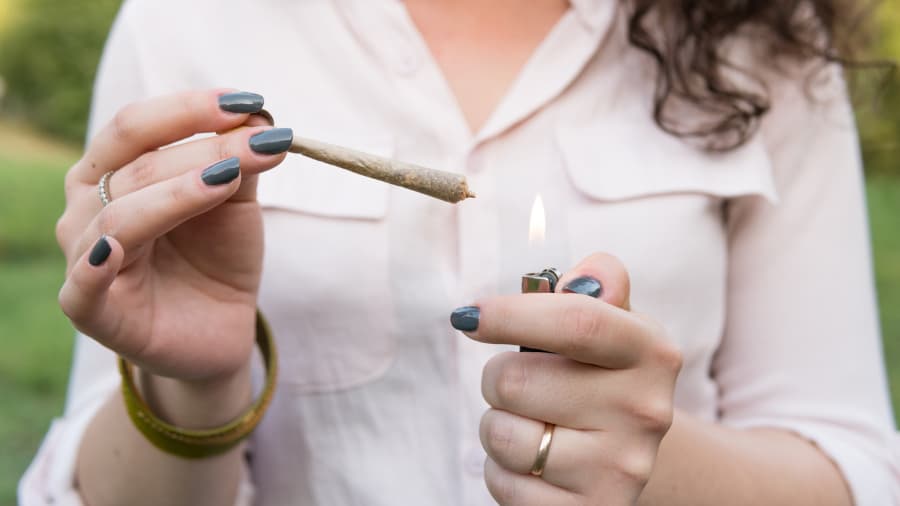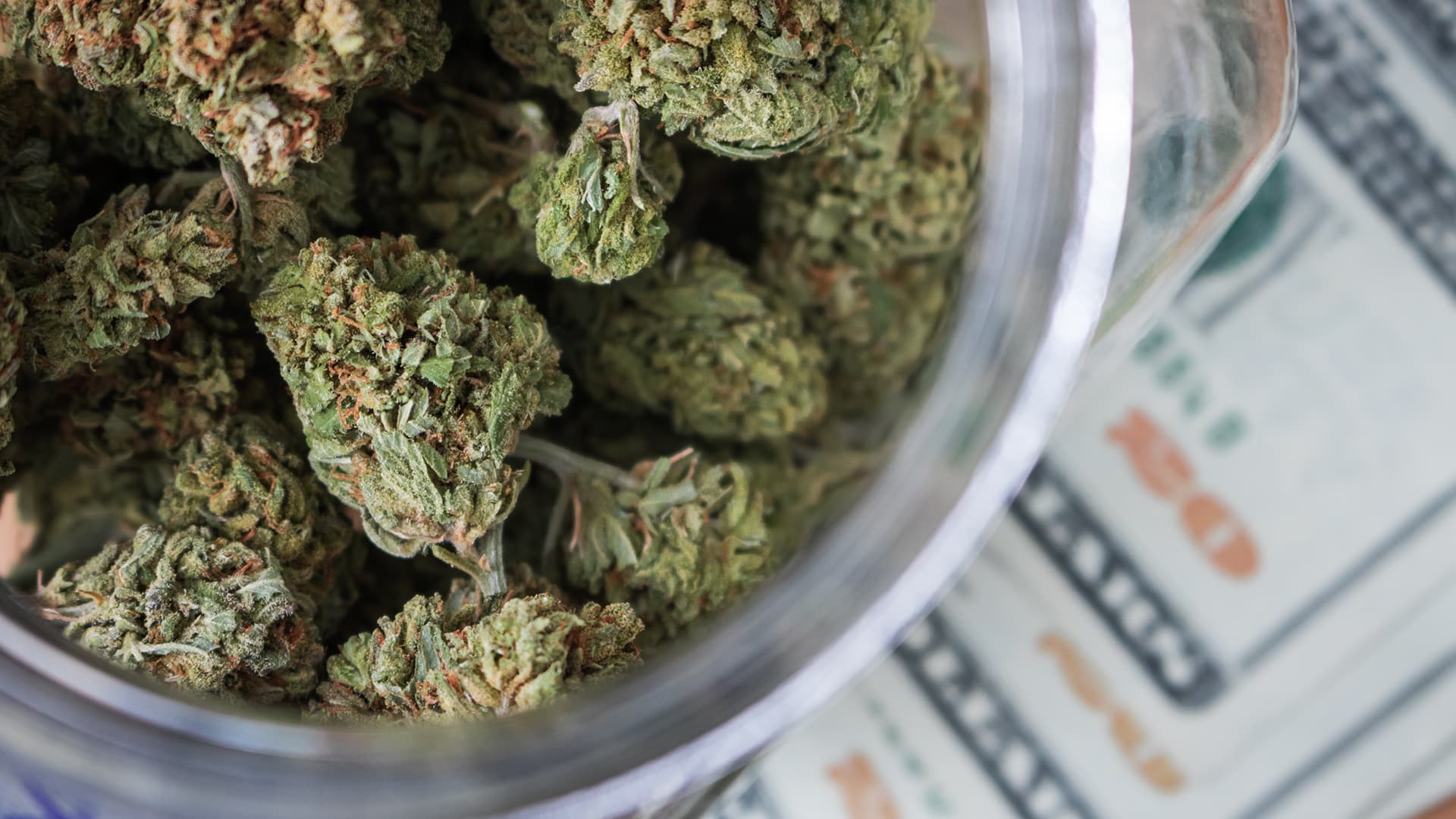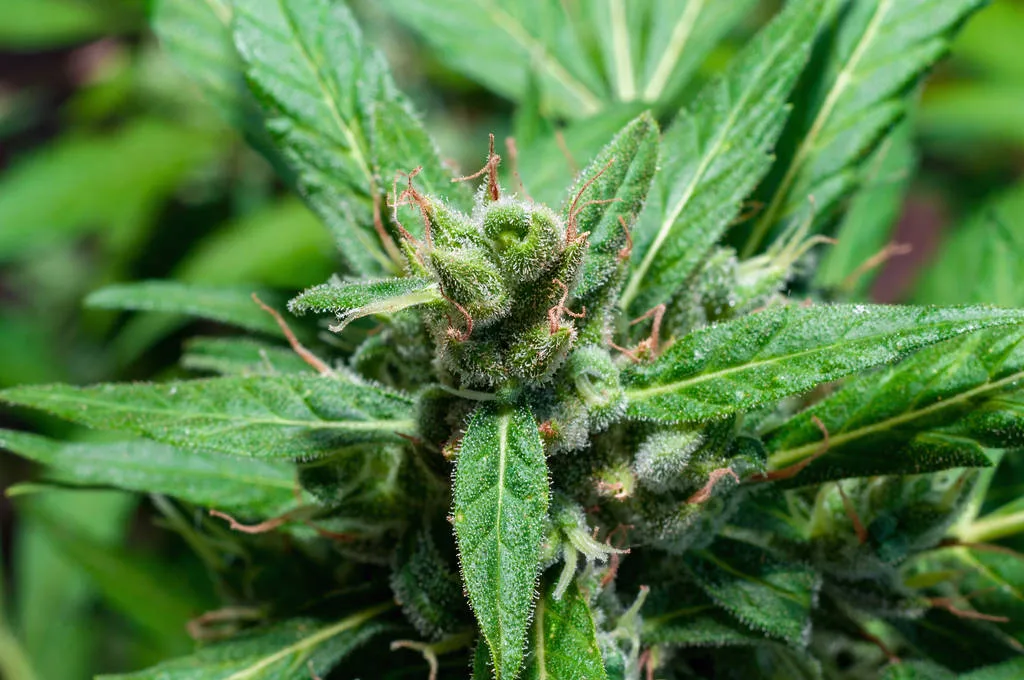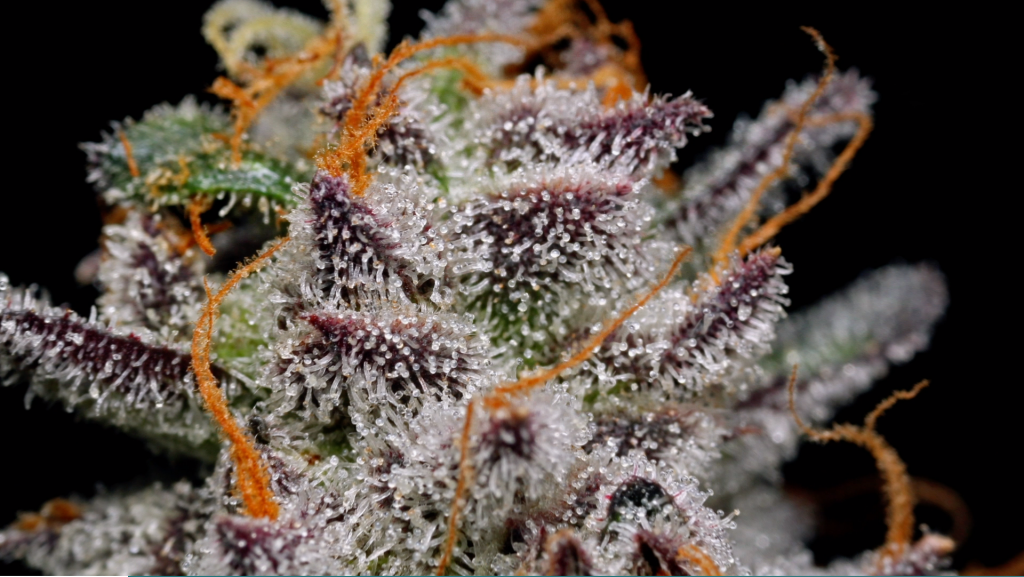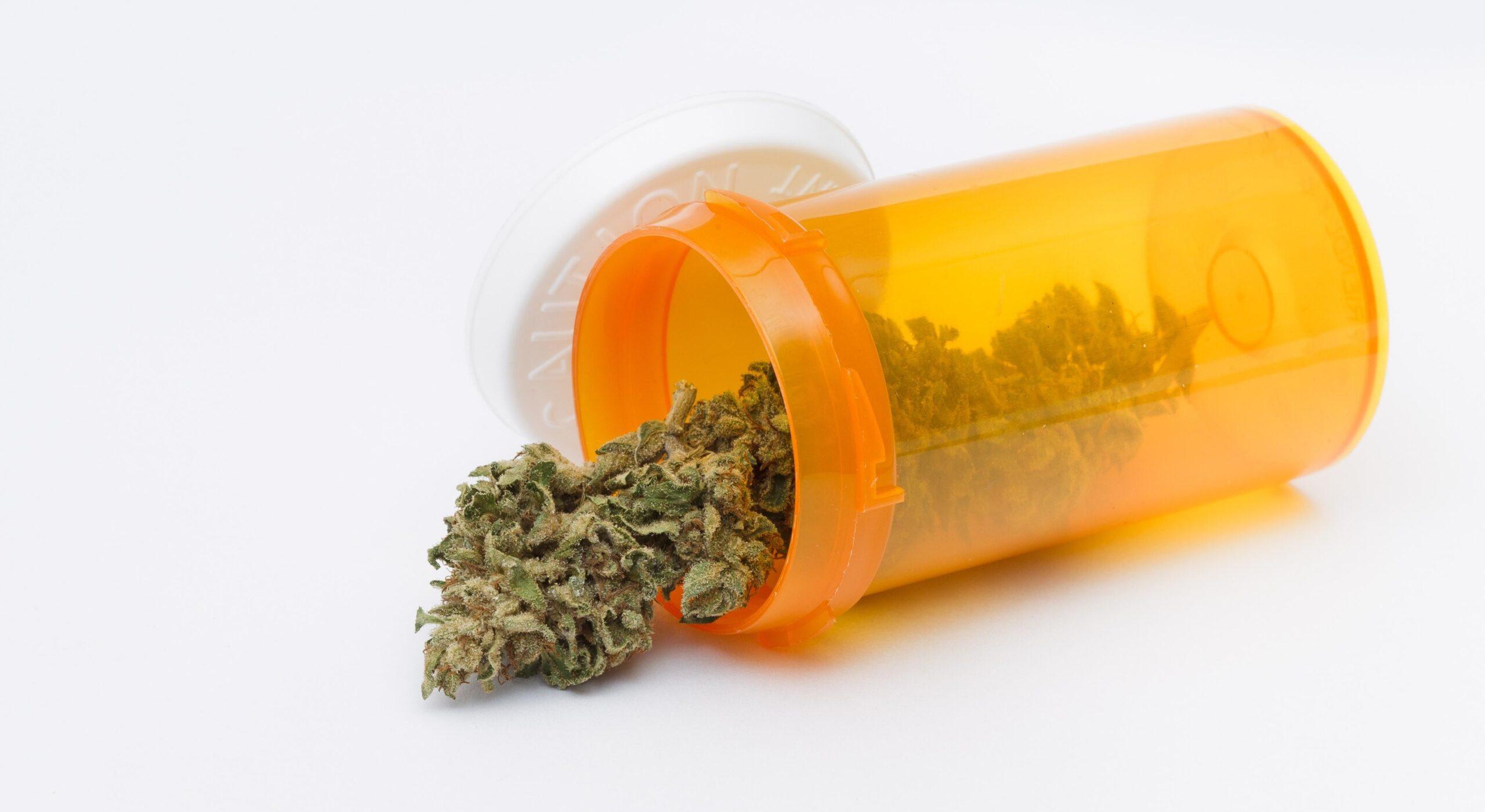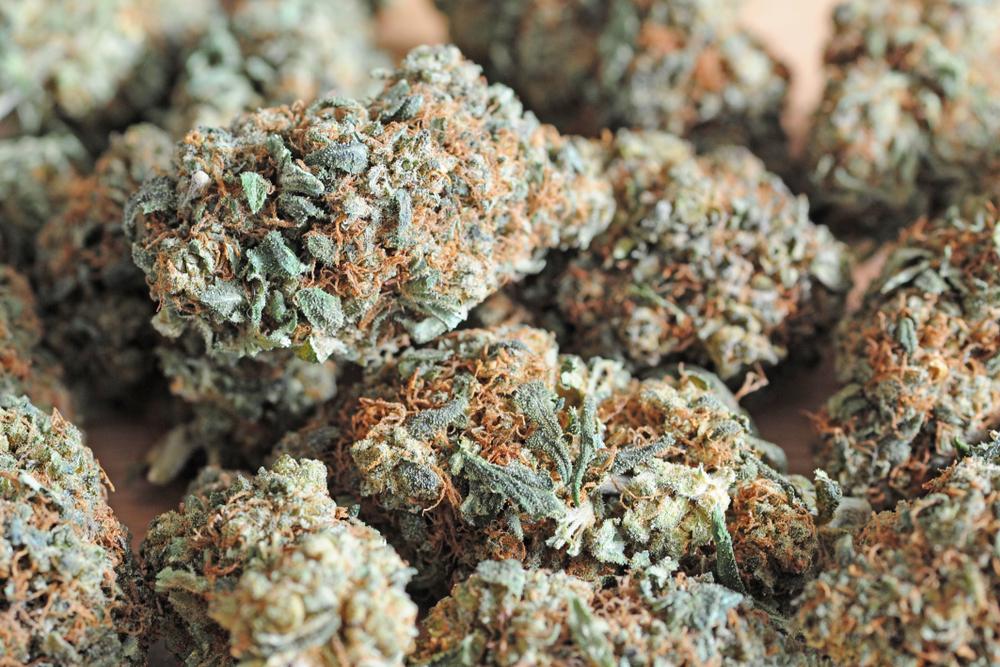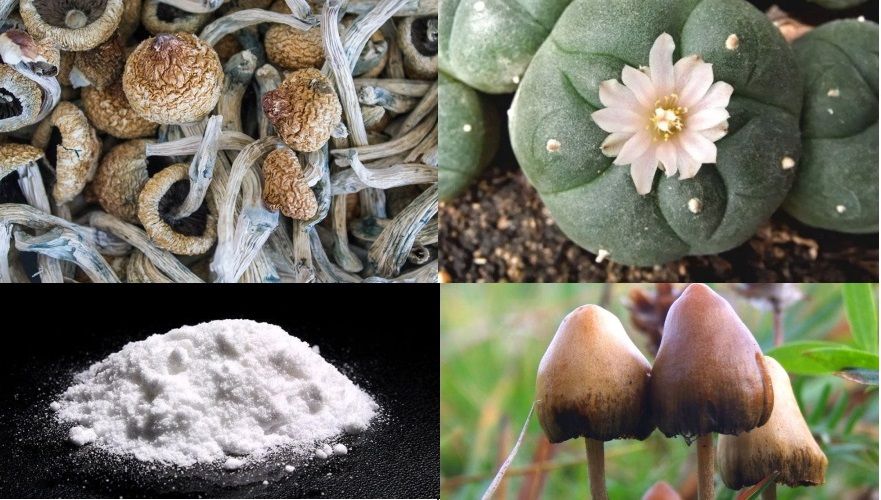The legal marijuana industry in Washington State generated over $100 million in sales in October, bringing the year-to-date total to above $1 billion.
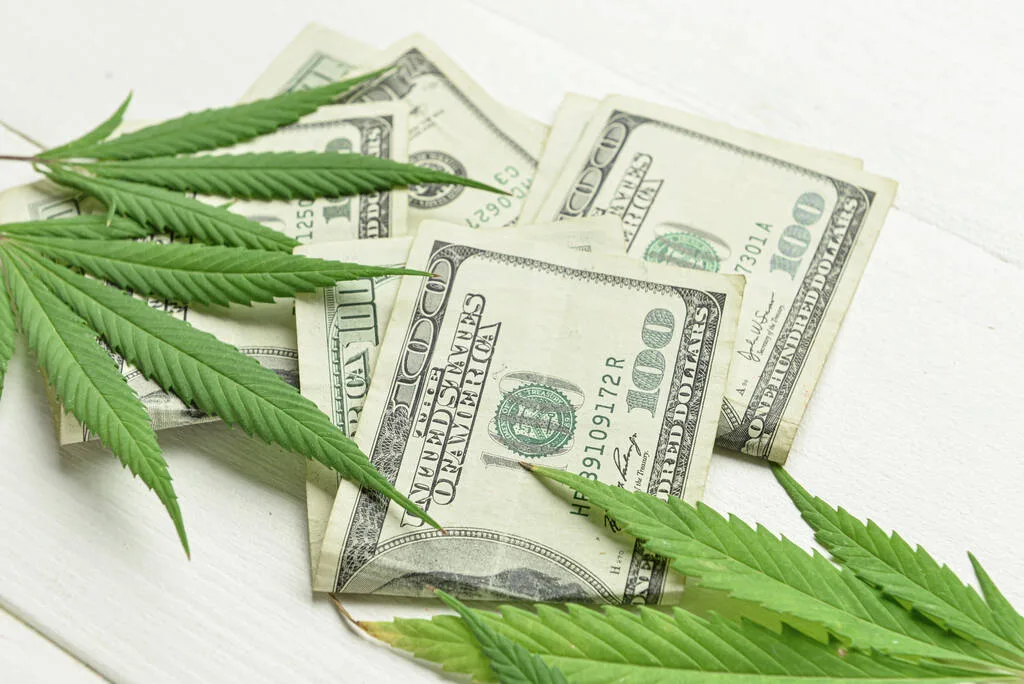
There was $101.5 million worth of marijuana and marijuana products, including concentrates, edibles, tinctures and topicals, sold in October in Washington. This is according to data released by the research firm Headset.
Sales for October marked a slight increase from the $98 million sold in September, and it brings the year-to-date total to around $1.1 billion. In 2023, there was $1.25 billion in marijuana sales resulting in over $400 million in taxes. The state is on track to match, or possibly exceed this amount.
Continue reading

